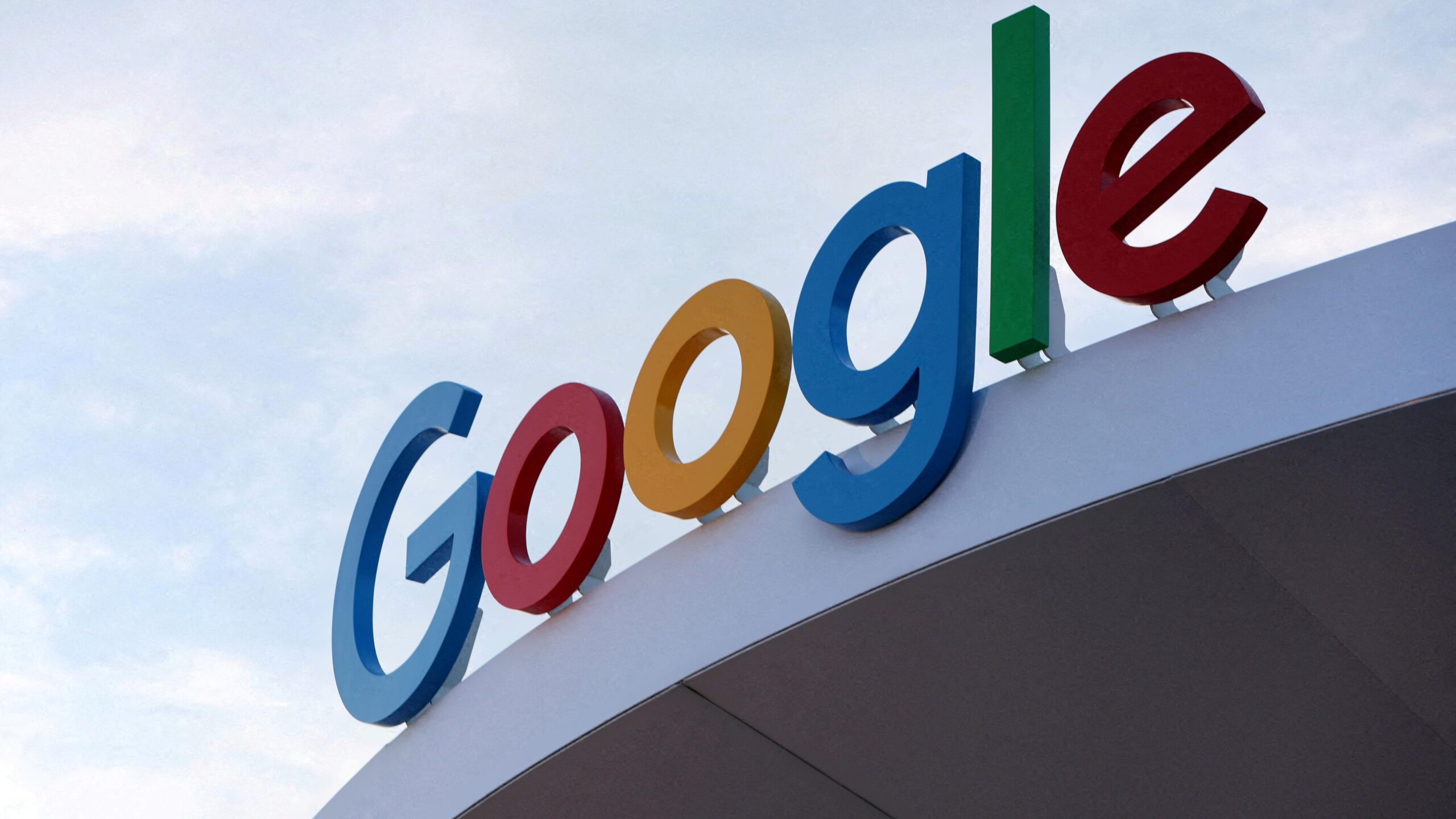The future of AI is increasingly entangled in a global copyright debate, with different countries taking opposing stances on how AI models should be trained. In the U.S., copyright holders are aggressively pursuing legal action against AI companies for using copyrighted material without permission. Meanwhile, other nations are adopting more flexible policies, allowing AI developers to train models on massive datasets, including content sourced from pirate libraries. This emerging “copyright divide” could have profound implications for the future of AI innovation.
Copyright and AI: A Widening Global Divide
This week, multiple copyright industry groups submitted their recommendations for the 2025 Special 301 Report. Compiled annually by the U.S. Trade Representative, this report highlights countries that fall short of U.S. copyright protection standards.
Among the key concerns raised was the role of AI in copyright enforcement. Copyright holders urged foreign governments to recognize the risks of copyright infringement in AI training and to take action to prevent misuse.
China, for instance, has drawn scrutiny for considering a text and data mining (TDM) exception that would allow AI training on copyrighted works without explicit permission. Japan has already enacted similar policies, setting off alarm bells among copyright holders and U.S. tech companies alike.
The Battle Between Tech Giants and Copyright Holders
Unlike some other countries, the U.S. has no explicit copyright exceptions for AI learning. As a result, major tech firms—such as OpenAI, Google, and Meta—are facing lawsuits for allegedly training their AI models on copyrighted materials, including content from pirate libraries.
Rightsholders argue that these illicit repositories provide AI developers with access to vast amounts of free, unlicensed data. The central legal debate now revolves around whether this practice constitutes copyright infringement or whether it qualifies as “fair use.”
These lawsuits are likely to take years to resolve. In the meantime, pirate libraries like Z-Library, LibGen, and Anna’s Archive remain legally off-limits to U.S.-based AI companies. However, the situation is starkly different in countries with looser copyright regulations, potentially fueling a significant competitive gap.
AI Companies and the Use of Shadow Libraries
One AI company recently gaining attention is DeepSeek, a Chinese firm that has released a new, highly efficient AI model. DeepSeek’s innovations are seen as a challenge to U.S. dominance in AI research, significantly lowering costs while maintaining high accuracy.
Earlier publications from DeepSeek explicitly referenced the use of Anna’s Archive as a data source. One study published in March detailed how the company had “cleaned 860K English and 180K Chinese e-books from Anna’s Archive.”
Anna’s Archive itself has acknowledged that AI developers—including teams from both Chinese and U.S. firms—have inquired about high-speed access to its dataset. Some have even offered financial contributions or data exchanges in return. While most U.S. companies steer clear due to legal risks, many foreign AI teams operate with fewer restrictions.
The Temptation of AI Training Data
For AI developers, shadow libraries offer a trove of valuable training data, tempting researchers in the same way that the biblical “forbidden fruit” lured Adam and Eve. These datasets contain vast amounts of information that could significantly enhance AI models, but the risks for U.S. companies remain substantial.
With potential lawsuits and hefty penalties looming, American AI firms are wary of engaging with such data sources. This legal environment could put the U.S. at a disadvantage, restricting access to information that AI developers in other countries can freely utilize.
Meanwhile, companies in nations with lenient copyright policies can train their AI models on extensive datasets without facing legal roadblocks. This advantage may accelerate AI advancements outside the U.S., potentially shifting the global balance of power in AI development.
The AI Copyright Debate: A Crossroads for Policy
This growing divide raises critical questions about how copyright laws should adapt to AI innovation. Should all nations implement strict copyright protections to create a level playing field? Or should Western countries reconsider their rigid copyright stance to remain competitive in AI development?
Rightsholders argue that global AI regulations should be strengthened to ensure fair compensation for copyrighted works. On the other hand, advocates for open-access AI training believe that restricting data access could slow technological progress.
Anna’s Archive, for example, has suggested that “archiving and distributing books should be fully legalized” if Western nations want to maintain their AI leadership.
The Future of AI and Copyright Law
The next few years will be pivotal in determining how copyright laws shape the future of AI. As U.S. courts deliberate over AI-related copyright lawsuits and international copyright policies continue to diverge, the “copyright divide” could become one of the defining factors in AI development.
Will stringent copyright enforcement stifle innovation in the U.S.? Or will lenient policies in other regions create an uneven playing field for AI progress? One thing is certain—the legal and policy decisions made today will have long-lasting effects on the global AI landscape.



